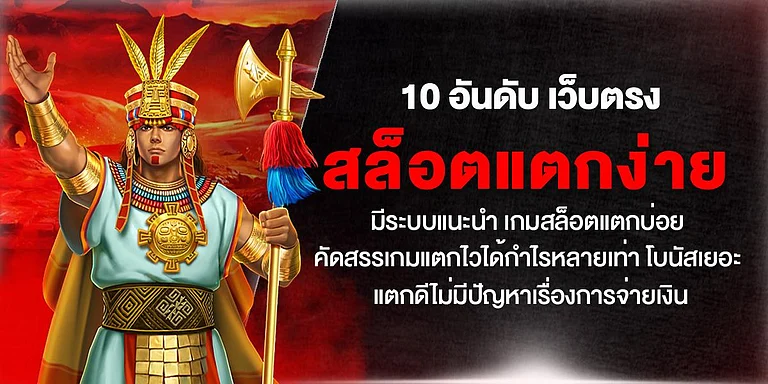“My death will be like untimely rain/My death will probably be termed foolish/I have left here hanging myself as an exhibit....”
Gabhricha Paus (The Damned Rain) begins with this poignant poem by Vidarbha’s farmer-poet, Shrikrishna Kalamb. Written in March 2008, just two days before Kalamb took his life in the face of repeated crop failure and mounting debts, it sets the tone for the remarkable new Marathi film that opens in theatres this Friday, after gathering awards and acclaim around the globe, from Cuba and Los Angeles to Durban and Rotterdam.
This stark and simple film is about farmer suicides but focuses more on personal plights and predicaments than the larger issues. The debts, loans, inadequate yields and insufficient compensations—these offer the backdrop against which two different viewpoints collide. There is the lazy, pragmatic, FM radio-obsessed Patil who has given up on farming, knowing that what his land produces won’t add up to much. And then there is Kisna, who will continue to toil until death parts him from his farm.
Debutant director Satish Manwar, who himself hails from Yavatmal in Vidarbha (infamous as Maharashtra’s suicide belt), says that instead of him choosing the subject it was the subject that chose him. “I have felt helpless about the problem and wanted to express my anguish through this film,” he says. It took him five years to find the funds; the film was eventually shot in just 24 days in June last year, in Jalu village in Amravati.
The narrative is built on the twin motifs of rain and death. The rain, capricious as ever, makes the farmers wait eternally and then wreaks havoc when it finally arrives. Death is the only certainty in this bleak landscape, with funeral processions winding matter-of-factly through the village’s bylanes with alarming regularity. Manwar says he has tried to “look at the reality of death differently, examining its psychological impact”.
So the film is about how the tragic suicides impinge on the psyche of those alive and are struggling for survival. Alka, Kisna’s wife, is deeply distressed when his friend Bhaskar hangs himself. She starts fearing the worst for her own husband, wondering if he too is suicidal. A lack of appetite, his growing irritability, the increasing silences—they are all read as symptoms of something more distressing. The film delves into the desperation and anxieties of the women, how they share confidences and express their worst fears, how they watch over their men, afraid to leave them alone and trying to show them the way.
This lends a whimsical, bittersweet touch to the film, even creating some genuine moments of mirth which should draw a smile from even the most cynical viewer. Like the scene where Alka frets needlessly over a bottle of pesticide. Or the lovely sequence where Kisna’s mother searches fearfully for him in the village, while he himself is out searching for a pair of bulls or a tractor to plough his fields. You celebrate the little joys of this family, even in the midst of penury—the uncalled for puranpoli feast, for example.
Thankfully, the film refrains from taking a moralising tone, save for one song where a wretched village life is pitched against the “smooth roads and vulgar illuminated sky” of the big city. “I thought melodrama wouldn’t cut as deep. The audience smiles through the film, which is what makes the finale so much more powerful,” says Manwar. The climax, though anticipated, still leaves you shaken. It’s sudden, abrupt and devastating in its meaninglessness. And sadly, perhaps, the only way out for Kisna.






















